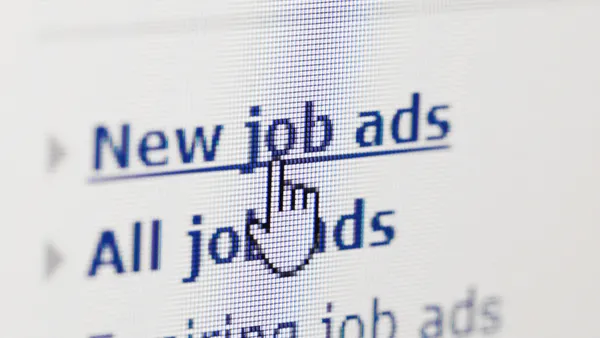Nearly a quarter of employees are working for the worst manager they’ve ever had, particularly when it comes to certain behaviors, according to a June 13 report from employee insights company Perceptyx.
When labeling their manager as better or worse, employees were most likely to focus on responsiveness. Unresponsive bosses were 25 times more likely to be rated as a “bad boss,” while those who received high ratings for responsiveness were five times more likely to be a “good boss.”
In addition, employees described their worst boss as “incompetent” (46%), “unsupportive” (46%), “disrespectful” (28%) and “unfair” (27%).
In good news, 64% of workers said they are working for the best boss they’ve ever had. The top three qualities they share? Professionalism, trustworthiness and care.
“The words that we see cited most often — supportive, trustworthy, and caring, as well as their opposites when we ask about bad bosses — show that people want to be able to connect with managers as humans rather than the relationships being transactional,” Emily Killham, director of research and insight at Perceptyx, said in a statement.
“Managers should make sure employees feel supported with reliable, timely, and complete communication — particularly when an employee asks for feedback,” she said. “This is especially important during a time when layoff news is creating more anxiety in the workforce in general.”
These relationships are essential for productivity and the bottom line, too. In a survey of 1,500 managers and 1,500 employees, people who are currently working for their worst boss were three times more likely to be disengaged and almost four times more likely to say they intend to quit in the next 12 months. These employees were also twice as likely to have negative health effects such as lost sleep, lost productivity due to stress and increased drinking behaviors.
Employees and managers also disagreed about several aspects being evaluated. Both employees (40%) and managers (32%) rated responsiveness as an important quality in a boss, yet only 29% of employees ranked their managers as responsive, as compared with 41% of managers. In addition, only 17% of managers thought they could use coaching on responsiveness, but 27% of employees said their managers need help.
“Employees want better communication and more support from managers, and managers and employees alike are telling us they would like more training to provide that support,” Killham said.
Companies are facing a leadership crisis, according to a recent survey, with only 40% of leaders saying that their companies have high-quality leadership right now. That marks a 17% drop from two years ago and the biggest decline in a decade — also reaching the low levels seen during the 2008 recession.
Managers may still be grappling with challenges in the post-pandemic workplace, according to a recent report, particularly as more focus is placed on upskilling, growth and autonomy among workers. Managers, in turn, may need management training to adapt to the latest disruptions and leadership best practices.
These types of training sessions should help managers build better habits and directly apply new concepts in the workplace. Learning and development programs that focus on practical application and continuous improvement lead to better outcomes and return on investment.













